We’ve told you before that Japan is practically overflowing with museums. Everything from ukiyo-e to prisons to Edo period buildings have been preserved for the benefit of public knowledge, and we’d say that almost every museum has something unique or fun to offer. But here’s a museum that is literally one-of-a-kind: The Meguro Parasitological Museum!
They claim to be the only museum in the world dedicated solely to parasites–and we’ve got to say that we believe them! We recently headed down to Meguro to check out their collection and learn a little bit about the critters that might living inside of you right now.
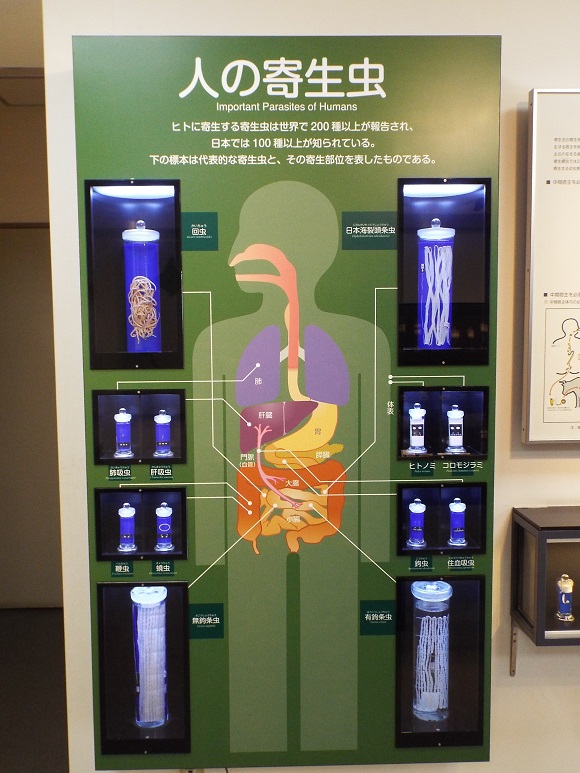

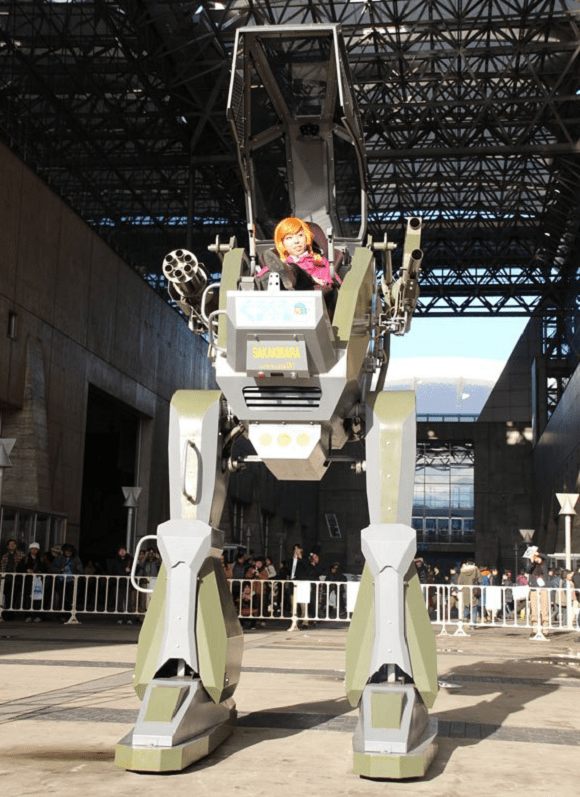

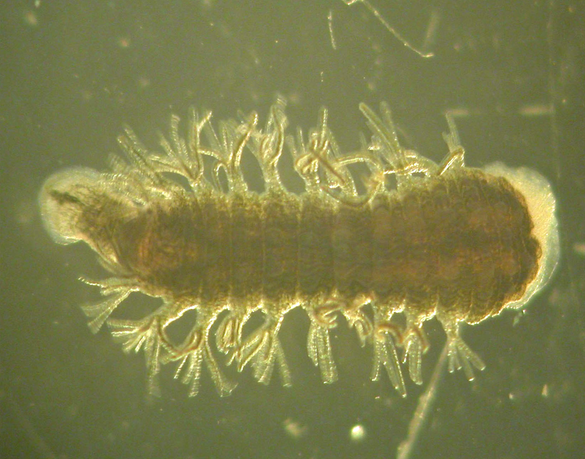
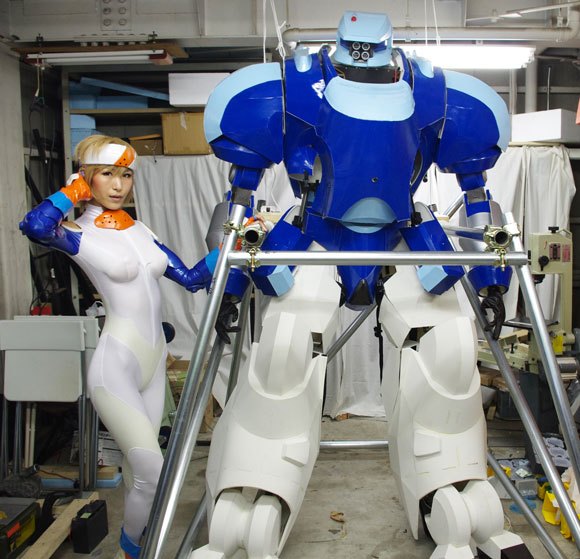
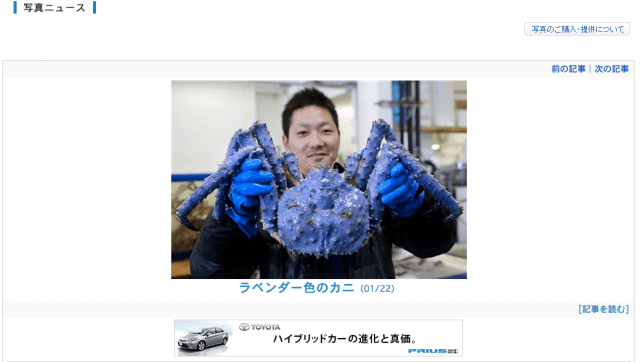

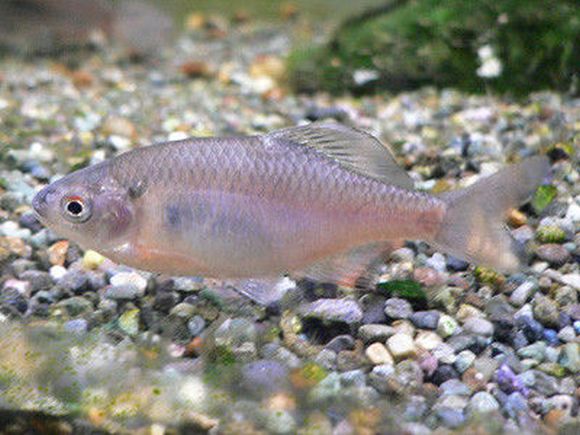
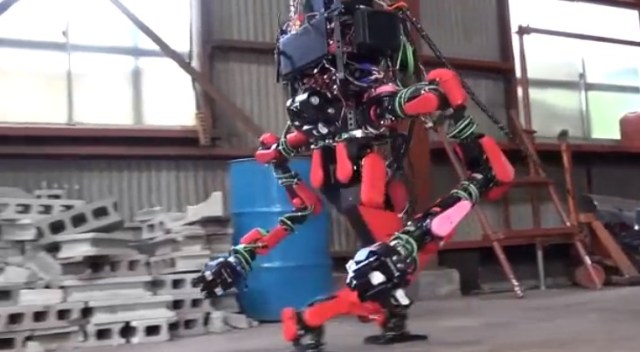
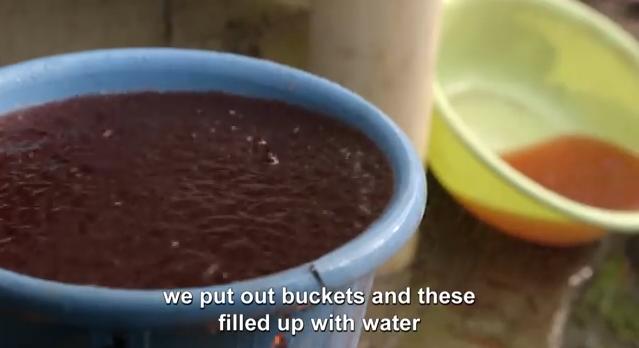







 Japan’s cherry blossom season predicted to start earlier than we’d thought, especially in Tokyo
Japan’s cherry blossom season predicted to start earlier than we’d thought, especially in Tokyo Starbucks Japan unveils new sakura cherry blossom collection for hanami season 2026
Starbucks Japan unveils new sakura cherry blossom collection for hanami season 2026 One Piece creator has hidden secret of anime treasure’s identity in chest at bottom of real-world ocean
One Piece creator has hidden secret of anime treasure’s identity in chest at bottom of real-world ocean Is Tokyo Station’s startlingly expensive wagyu bento boxed lunch worth its high price?[Taste test]
Is Tokyo Station’s startlingly expensive wagyu bento boxed lunch worth its high price?[Taste test] Live-action One Piece’s Luffy teaches Sesame Street’s Elmo a Japanese word for friendship[Video]
Live-action One Piece’s Luffy teaches Sesame Street’s Elmo a Japanese word for friendship[Video] A warning to think twice before taking photos of a crab dinner lying in a Japanese subway station
A warning to think twice before taking photos of a crab dinner lying in a Japanese subway station Taste-testing Japan’s real-world Dragon Balls and Senzu Beans at Marugame Seimen
Taste-testing Japan’s real-world Dragon Balls and Senzu Beans at Marugame Seimen Japan’s first hotel with a human washing machine is now ready for you to come and bathe in it
Japan’s first hotel with a human washing machine is now ready for you to come and bathe in it How to get a job in anime with Studio Ghibli director Hayao Miyazaki
How to get a job in anime with Studio Ghibli director Hayao Miyazaki Japan Extreme Budget Travel! A trip from Tokyo to Izumo for just 30,000 yen [Part 2]
Japan Extreme Budget Travel! A trip from Tokyo to Izumo for just 30,000 yen [Part 2] Starbucks Japan releases first-ever Hinamatsuri Girls’ Day Frappuccino
Starbucks Japan releases first-ever Hinamatsuri Girls’ Day Frappuccino Japanese restaurant chain serves Dragon Ball donuts and Senzu Beans this spring
Japanese restaurant chain serves Dragon Ball donuts and Senzu Beans this spring Japan Extreme Budget Travel! A trip from Tokyo to Izumo for just 30,000 yen [Part 1]
Japan Extreme Budget Travel! A trip from Tokyo to Izumo for just 30,000 yen [Part 1] Japan’s craziest burger chain takes menchi katsu to new extreme levels
Japan’s craziest burger chain takes menchi katsu to new extreme levels Japanese drugstore sells onigiri at pre-stupid era prices, but how do they compare to 7-Eleven?
Japanese drugstore sells onigiri at pre-stupid era prices, but how do they compare to 7-Eleven? Viral Japanese cheesecake from Osaka has a lesser known rival called Aunt Wanda
Viral Japanese cheesecake from Osaka has a lesser known rival called Aunt Wanda Lawson adds doughnuts to its convenience store sweets range, but are they good enough to go viral?
Lawson adds doughnuts to its convenience store sweets range, but are they good enough to go viral? Japan’s newest Shinkansen has no seats…or passengers [Video]
Japan’s newest Shinkansen has no seats…or passengers [Video] Starbucks Japan releases new sakura goods and drinkware for cherry blossom season 2026
Starbucks Japan releases new sakura goods and drinkware for cherry blossom season 2026 Foreigners accounting for over 80 percent of off-course skiers needing rescue in Japan’s Hokkaido
Foreigners accounting for over 80 percent of off-course skiers needing rescue in Japan’s Hokkaido Super-salty pizza sends six kids to the hospital in Japan, linguistics blamed
Super-salty pizza sends six kids to the hospital in Japan, linguistics blamed Starbucks Japan unveils new sakura Frappuccino for cherry blossom season 2026
Starbucks Japan unveils new sakura Frappuccino for cherry blossom season 2026 Foreign tourists in Japan will get free Shinkansen tickets to promote regional tourism
Foreign tourists in Japan will get free Shinkansen tickets to promote regional tourism The 10 most annoying things foreign tourists do on Japanese trains, according to locals
The 10 most annoying things foreign tourists do on Japanese trains, according to locals Take a trip to Japan’s Dododo Land, the most irritating place on Earth
Take a trip to Japan’s Dododo Land, the most irritating place on Earth Naruto and Converse team up for new line of shinobi sneakers[Photos]
Naruto and Converse team up for new line of shinobi sneakers[Photos] Survey asks foreign tourists what bothered them in Japan, more than half gave same answer
Survey asks foreign tourists what bothered them in Japan, more than half gave same answer Japan’s human washing machines will go on sale to general public, demos to be held in Tokyo
Japan’s human washing machines will go on sale to general public, demos to be held in Tokyo Starbucks Japan releases new drinkware and goods for Valentine’s Day
Starbucks Japan releases new drinkware and goods for Valentine’s Day We deeply regret going into this tunnel on our walk in the mountains of Japan
We deeply regret going into this tunnel on our walk in the mountains of Japan Studio Ghibli releases Kodama forest spirits from Princess Mononoke to light up your home
Studio Ghibli releases Kodama forest spirits from Princess Mononoke to light up your home Major Japanese hotel chain says reservations via overseas booking sites may not be valid
Major Japanese hotel chain says reservations via overseas booking sites may not be valid Put sesame oil in your coffee? Japanese maker says it’s the best way to start your day【Taste test】
Put sesame oil in your coffee? Japanese maker says it’s the best way to start your day【Taste test】 No more using real katana for tourism activities, Japan’s National Police Agency says
No more using real katana for tourism activities, Japan’s National Police Agency says A warning to think twice before taking photos of a crab dinner lying in a Japanese subway station
A warning to think twice before taking photos of a crab dinner lying in a Japanese subway station Taste-testing Japan’s real-world Dragon Balls and Senzu Beans at Marugame Seimen
Taste-testing Japan’s real-world Dragon Balls and Senzu Beans at Marugame Seimen Japan’s first hotel with a human washing machine is now ready for you to come and bathe in it
Japan’s first hotel with a human washing machine is now ready for you to come and bathe in it How to get a job in anime with Studio Ghibli director Hayao Miyazaki
How to get a job in anime with Studio Ghibli director Hayao Miyazaki Japan Extreme Budget Travel! A trip from Tokyo to Izumo for just 30,000 yen [Part 2]
Japan Extreme Budget Travel! A trip from Tokyo to Izumo for just 30,000 yen [Part 2] Majority of Japanese women in survey regret marrying their husband, but that’s only half the story
Majority of Japanese women in survey regret marrying their husband, but that’s only half the story Westernized kimono resemble cosplay more than actual clothes
Westernized kimono resemble cosplay more than actual clothes Chance to play Tetris on a massive staircase in Kyoto Station coming in March
Chance to play Tetris on a massive staircase in Kyoto Station coming in March Chocolate Totoro cream puffs and cakes coming to Japan’s Ghibli bakery for Valentine’s Day【Pics】
Chocolate Totoro cream puffs and cakes coming to Japan’s Ghibli bakery for Valentine’s Day【Pics】 New Studio Ghibli exhibition brings anime movie magic to cities around Japan
New Studio Ghibli exhibition brings anime movie magic to cities around Japan Daiso opens massive new 25,392-square foot Tokyo flagship store with its two sub-brands included
Daiso opens massive new 25,392-square foot Tokyo flagship store with its two sub-brands included Starbucks Japan has a limited-edition candle…that hasn’t sold out yet
Starbucks Japan has a limited-edition candle…that hasn’t sold out yet Starbucks Japan unveils new Sakura Frappuccino for cherry blossom season 2019
Starbucks Japan unveils new Sakura Frappuccino for cherry blossom season 2019 Adorable Totoro acorn key holders come with a special guest hidden inside[Photos]
Adorable Totoro acorn key holders come with a special guest hidden inside[Photos]